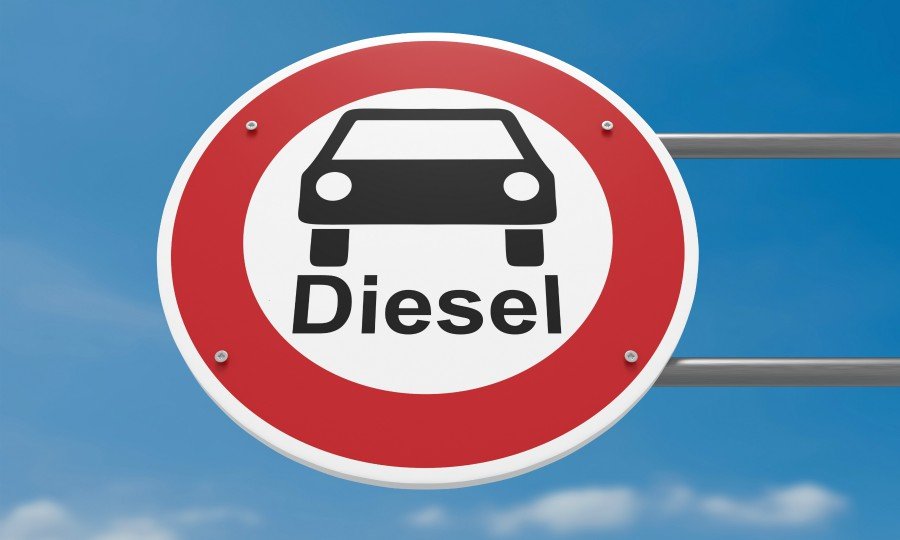UK Government to ban new petrol and diesel car sales in 2030

Reports suggest the UK government will advance its ban on the sale of new combustion-engined cars from 2040 to 2030 in an effort to speed up widespread electric vehicle (EV) adoption.
As first reported by The Guardian, Prime Minister Boris Johnson is expected to officially announce the move in autumn as part of a wider, post-pandemic economic recovery plan. The newspaper cites sources as saying the plans were set to be publicised this week, but a recent rise in coronavirus cases has pushed it back until later this year.
A proposal to end sales of petrol and diesel-fuelled cars (including hybrids and plug-in hybrids) by 2040 was first announced in 2018 as part of the government’s strategy to reach net-zero carbon emissions by 2050, before transport secretary Grant Shapps said earlier this year that such action could be taken by 2035 or even as early as 2032 if possible.
Members of the public were offered the chance to submit their views in an online consultation process that closed at the end of July this year.
Criticism of the planned ban tends to centre around the limited state of the UK’s public charging network, which is widely thought to be incapable with accommodating an influx of EVs. The Guardian reports that the government’s ambitious new plan comes in response to assurances from unnamed sources that the infrastructure will be ready by 2030.
In May last year, the Committee on Climate Change (CCC) voiced concern that the original 2040 date wasn't soon enough to meet the net-zero target, calling upon the government to “continue to support strengthening of the charging infrastructure, including for drivers without access to off-street parking”.
In response, the government doubled its EV charger fund allocation to £10 million in an effort to encourage EV uptake in urban areas in January this year. It also suggested that some of the money could be used to develop a publicly accessible charger monitoring platform, which could then be integrated into sat-navs and route-planners.
It remains unclear what effect the pandemic has had on the government’s bold infrastructure improvement programme, which included the installation of 3600 new streetside charging points this year.
In a letter sent to Grant Shapps last week, three Labour shadow ministers called on the government to bring the combustion ban forward to 2030. Matthew Pennycook, Kerry McCarthy and Alan Whitehead said 2030 would be “an ambitious and an achievable phase-out date for new ICE vehicles”.
Pennycook added: “2030 is an ambitious but achievable date by which to phase out the sale of new petrol, diesel and hybrid vehicles, one that would give a new lease of life to the UK car industry whilst combatting climate breakdown and cleaning up the air that dangerously pollutes so many of our towns and cities.
“But as well as accelerating the phase-out, the government must also set out a credible plan to get there – one that backs the low-carbon jobs and industries of the future and ensures that workers and communities are properly supported in the transition to a fairer and cleaner economy.
“It’s time for ministers to seize this opportunity as part of a world-leading green recovery from the coronavirus pandemic, creating good jobs across the country and generating real momentum for next year’s COP26 climate summit.”
